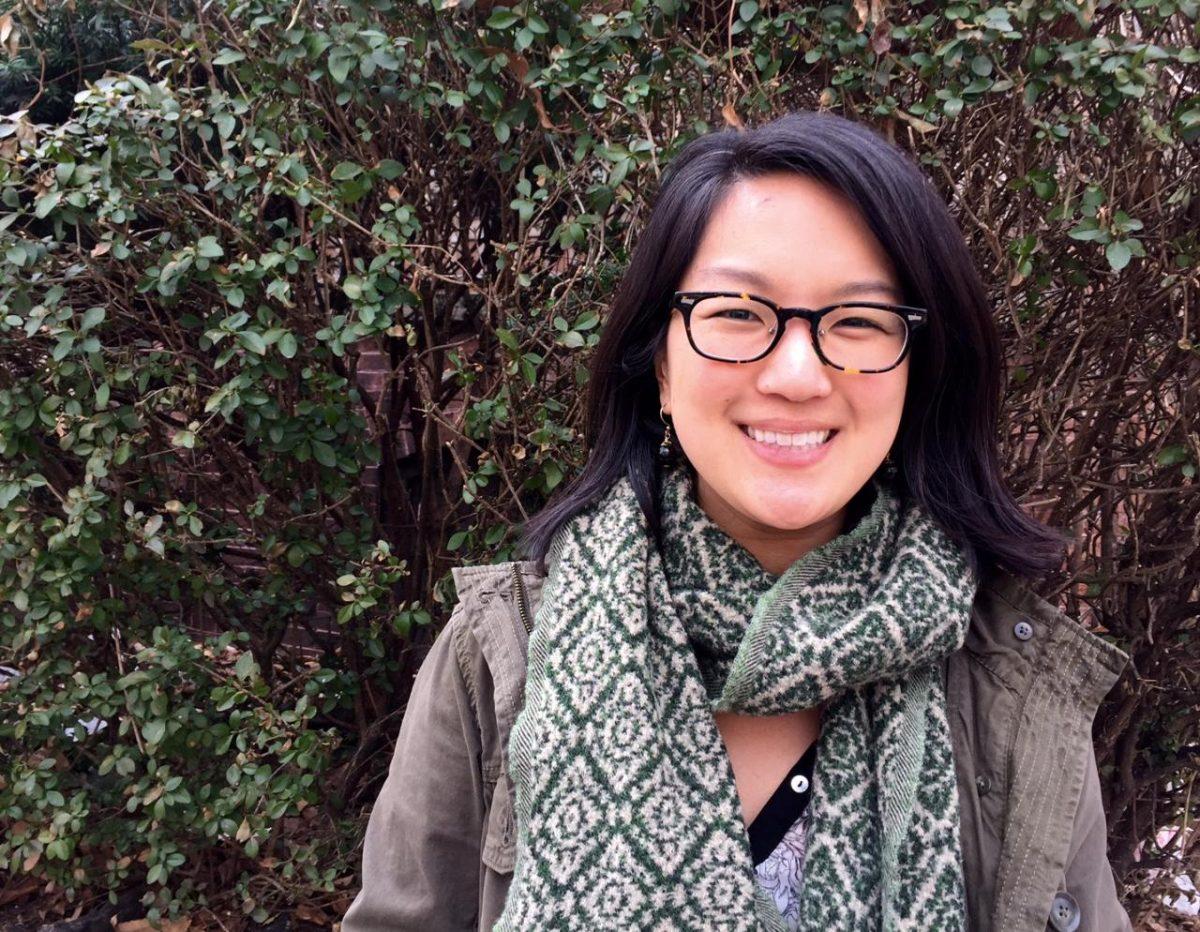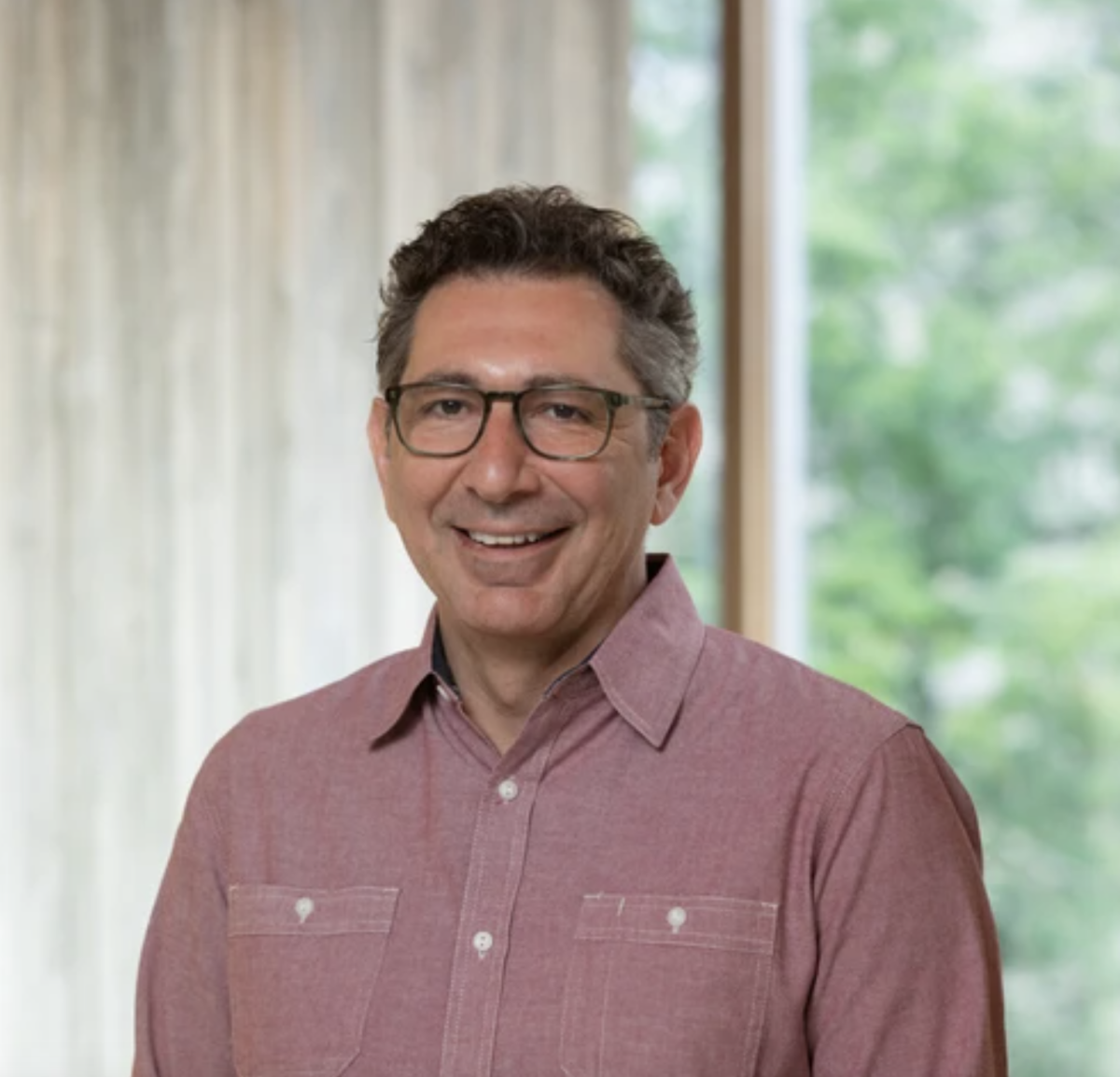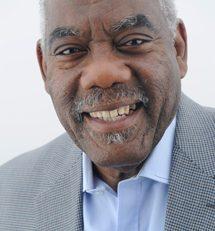After a search for a new tenure-track hire, Wellesley’s English department will welcome Professor Kelly Rich in the upcoming 2024-25 school year. Professor Rich currently teaches at Harvard University and specializes in global anglophone.
“[Global anglophone is a] field that has really inherited the field of postcolonial studies. [It is] invested in challenging more contemporary conceptualizations of universalism, like human rights, cosmopolitanism, globalization, finance, multiculturalism, and all of the failed promises of those projects,” she said.
Rich also discussed how she conceives of her own work in the larger context of global anglophone and in relation to the many themes under the umbrella of postcolonialism.
“I do want to stretch what counts under the rubric of global anglophone beyond the reach of the British empire – beyond the model of colonialism; the future of global anglophone is just a lot broader,” she explained. “[It functions] in conversation with Asian American and Asian diasporic studies, with transnational American studies, and also things like critical refugee studies or environmental studies.”
Rich’s interests extend beyond global anglophone – the intersection between law and literature is another central area of exploration for Rich. She majored in Law, Jurisprudence, and Social Thought at Amherst College and said that law is one of the interests she’s carried with her since undergrad that continues to influence her research and teaching today.
“A lot of the work in the field of law, culture and humanities is very much in tandem with the field of global anglophone literatures and postcolonial studies as well.”
In keeping with this interest, Rich will teach an English seminar at Wellesley entitled “Imagining Justice in Law and Literature: Rights, Reparations, Reconciliation.” The class, which is cross-listed with Peace and Justice Studies, considers jurisprudence after WWII, from human rights, truth and reparations to postwar criminal trials.
“A mentor once said to me: ‘Law shouldn’t be left to the lawyers,’ and I think … it is a discourse that should be taught in conjunction with social sciences and humanities at the undergraduate level, not [waiting] until law school to have these conversations about law as a shaping force of human experience,” she reflected.
Rich also plans to teach more writing courses on contemporary literature in the Fall and Spring on global fictions and representing war. Rich describes “Global Fictions After Empire” as an introduction to contemporary global anglophone literature, including Tsitsi Dangarembga’s “Nervous Conditions,” Jamaica Kincaid’s “A Small Place” and Arundhati Roy’s “The God of Small Things,” in addition to works by Asian Americanists like Ruth Ozeki and Monique Truong.
“[The course is] interested in what stories we tell to make sense of the world, how these narratives are shaped by history’s imperialism and independence,” Rich said. “[It’s] interested in what kind of critiques of empire the fictions that we’re going to encounter sustain, and also the flip side of critique: what kind of role do they play in establishing a sense of community, or shared language, or sense of place in [an] empire’s wake?”
Rich’s spring class examines representations of war in the 20th and 21st centuries, from World War I and II to the Cold War and the Global War on Terror. The class spans mediums and genres, covering novels, short stories, Supreme Court cases, poetry, graphic novels, films, journalism and theory.
“The ways in which these armed conflicts are represented play a huge role not only in our collective memory of them but also in the way that we conduct ourselves in their wake,” Rich reflected. “I think it’s a pressing course to teach now to give a conceptual vocabulary to thinking about our own current conflicts that we are living in today.”
Rich’s first book centered on the inception of the modern welfare state in Britain after World War II. This investigation of war and postwar was the seed for her current research for her second project, “Children of Conflict: Cultural Forms of Transnational Adoption,” which examines transnational adoption and kinship during the postwar period.
“[The project] draws on my core interest in thinking about the relationships of wars and their postwars and the kind of reparative imagination that gets attached to and activated during wartime … how transnational and transracial adoption has been figured as a form of repair for geopolitical violence as well as it has acted as a technology of empire,” Rich said.
Rich, a transnational Korean adoptee herself, reflected on her own identity and the public-facing element of her research.
“Part of this project, because it is the second book and it’s a little bit more personal in some way, I’ve been thinking a lot about how to do this work in a more public-facing way,” she said.
As Rich looks to the future of humanities and her future at Wellesley, she is considering how to make this public-facing work a reality. She discussed the possibility of examining adoption archives and the use of archives in humanistic research and reflected on the potential to create a space to read one’s own adoption papers in community:
“Public-facing work beyond writing has to do with creating community spaces where we can talk about the experience of adoption, in a way that is in conversation with its representation,” she said. “To have a space to say, how do we look at these? How do we read the absences and the silences or the information that might not be correct? What does that look like, to engage with that – because I think you have to do it in community.”
Rich highlighted that Wellesley’s Adoptee Connections & Awareness (ACA) org speaks to the changing landscape of adoptee activism and community building.
“Colleges are becoming a really vibrant and important space of adoptee activism … my heart warmed to see that such a group existed because a group never existed for me,” she said.
Rich was also optimistic that Wellesley’s English department had seen such consistently high enrollment numbers compared to other colleges and universities that have seen notable declines in English enrollment numbers. She spoke to the present and future of the English department at Wellesley and its faculty:
“It’s part and parcel of the liberal arts ethos and the humanities, as spaces and forms of inquiry that really go hand in hand. Even though in some way this robust and multifaceted group of colleagues I’m going to join represents what we know and love about English, which is people invested in and engaging closely with literary form, I think they also represent where the discipline is going – into thinking about the synergies of literary criticism and creative writing. It’s a feedback loop. We have to think about both of those, both interpretation and making, together.”
Finally, as Rich prepares to join Wellesley this fall, she is excited about coming back to a liberal arts environment.
“One of the reasons I’m so happy and delighted and honored to be joining Wellesley is because it allows me to return to a small liberal arts college. I learned how to think – and read, really – in the spaces afforded by a small liberal arts college, and that type of community, and engagement and the intimacy of that space and the kind of concentration of that space is really important.”







